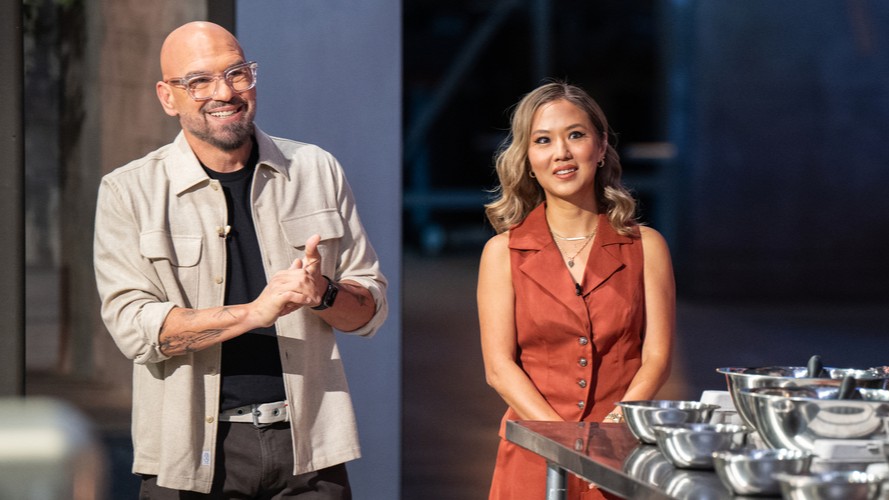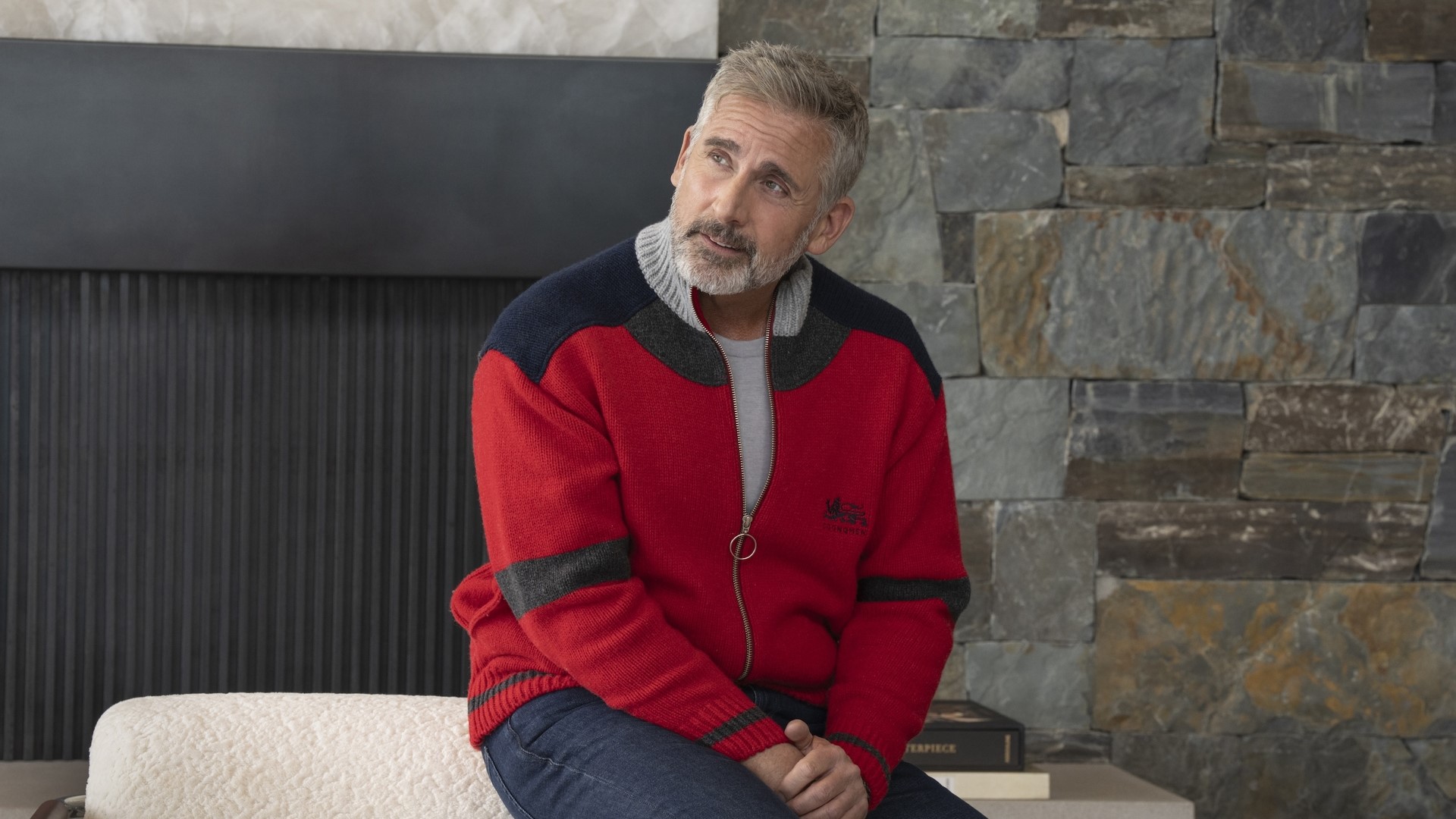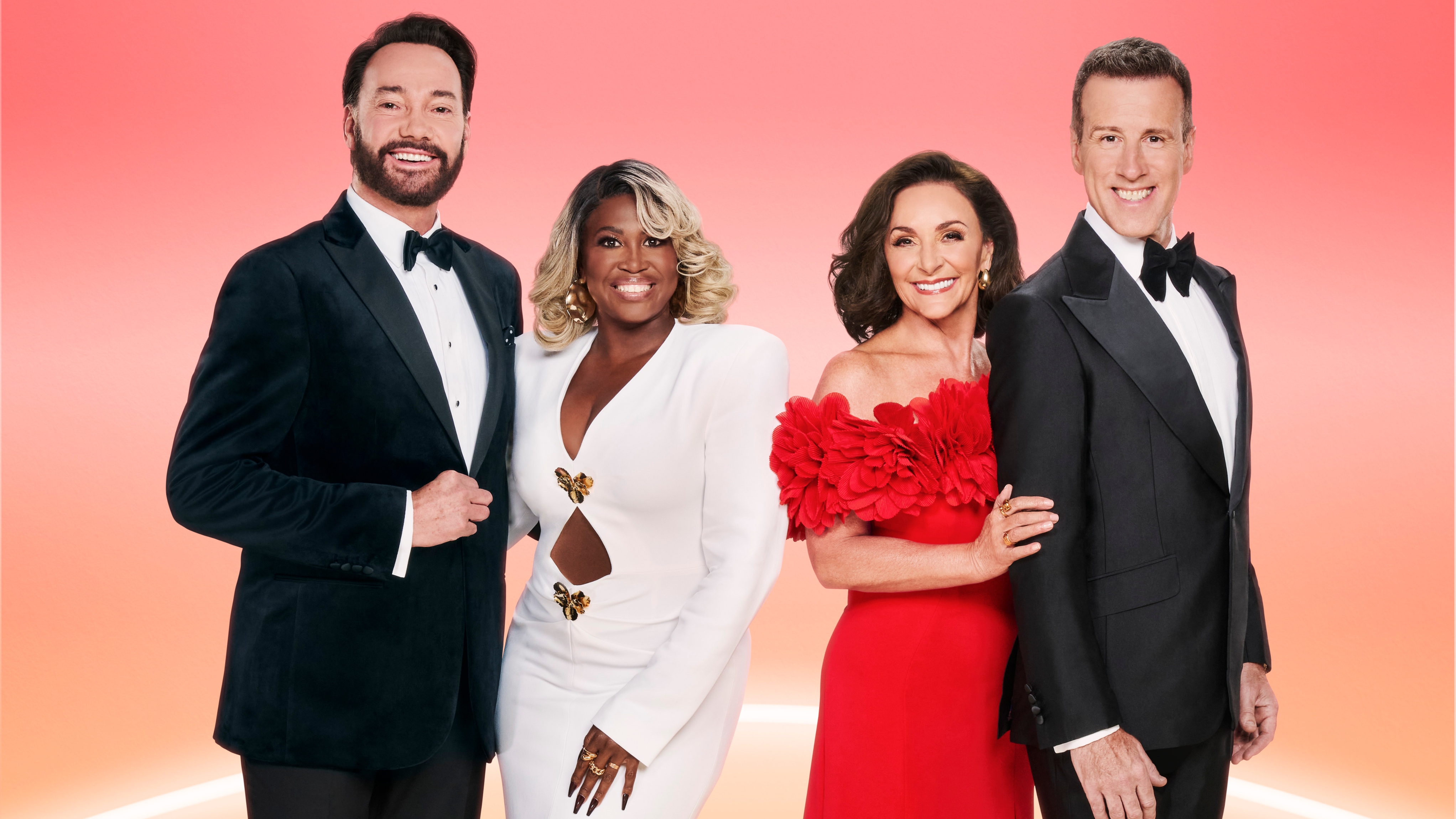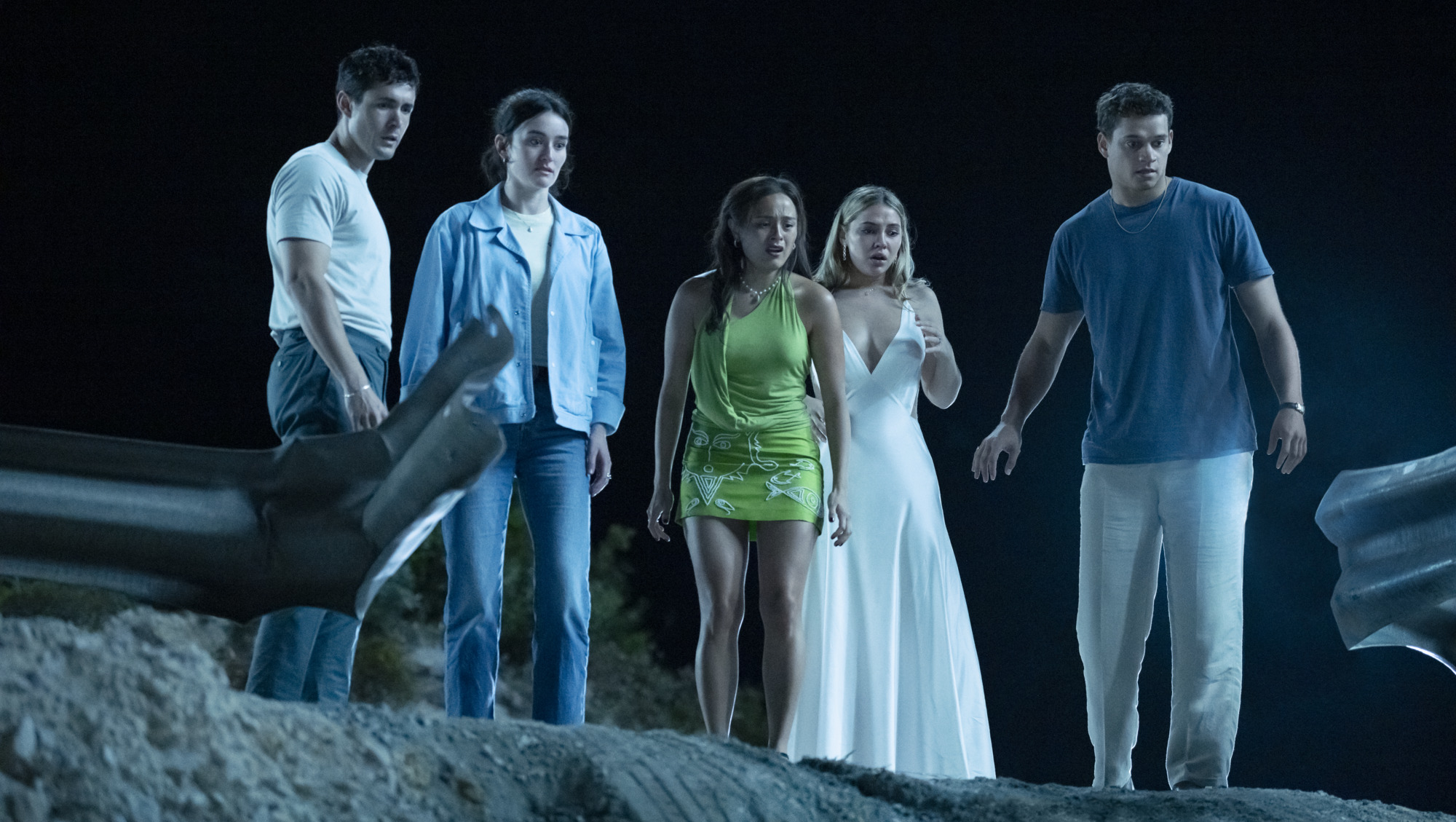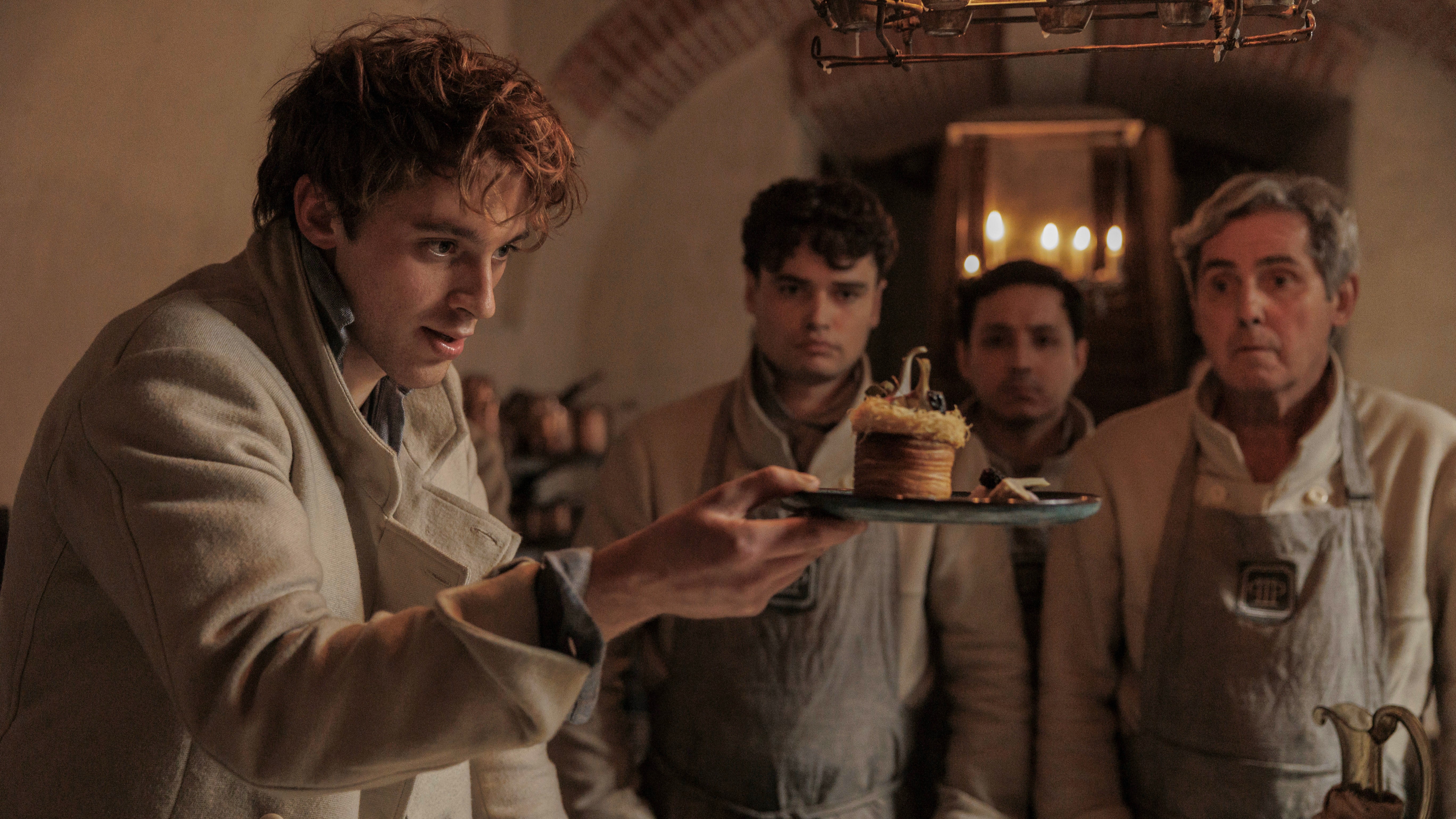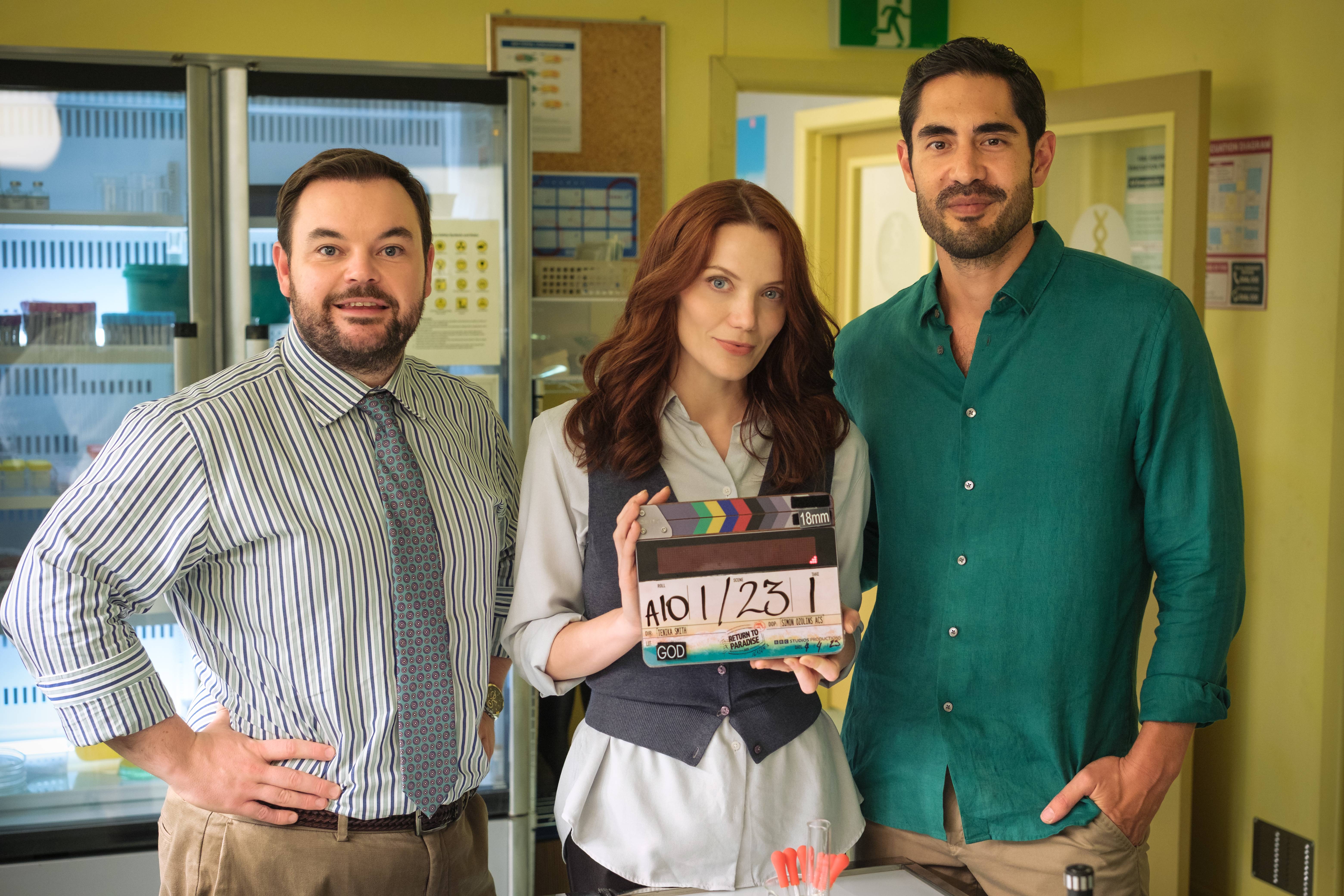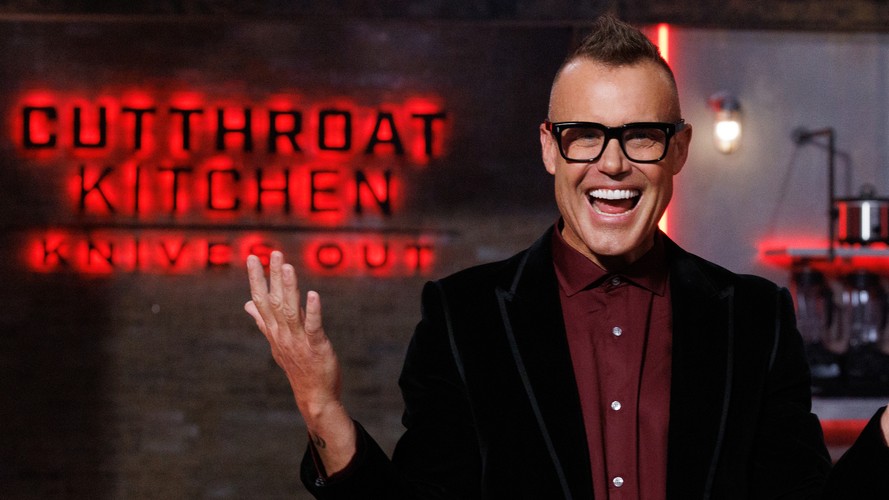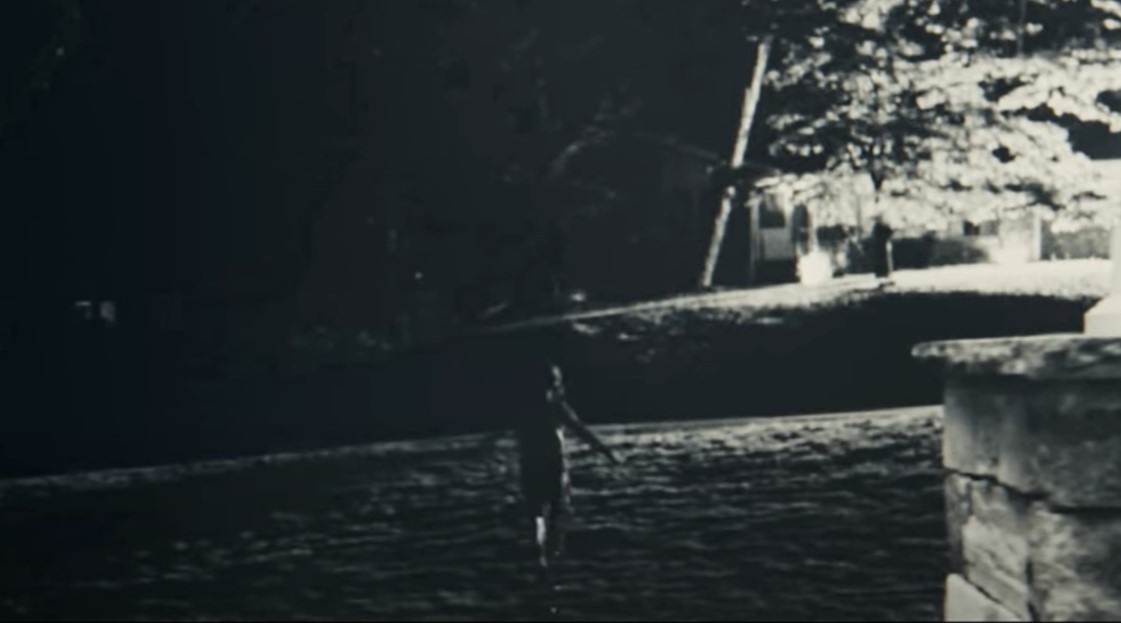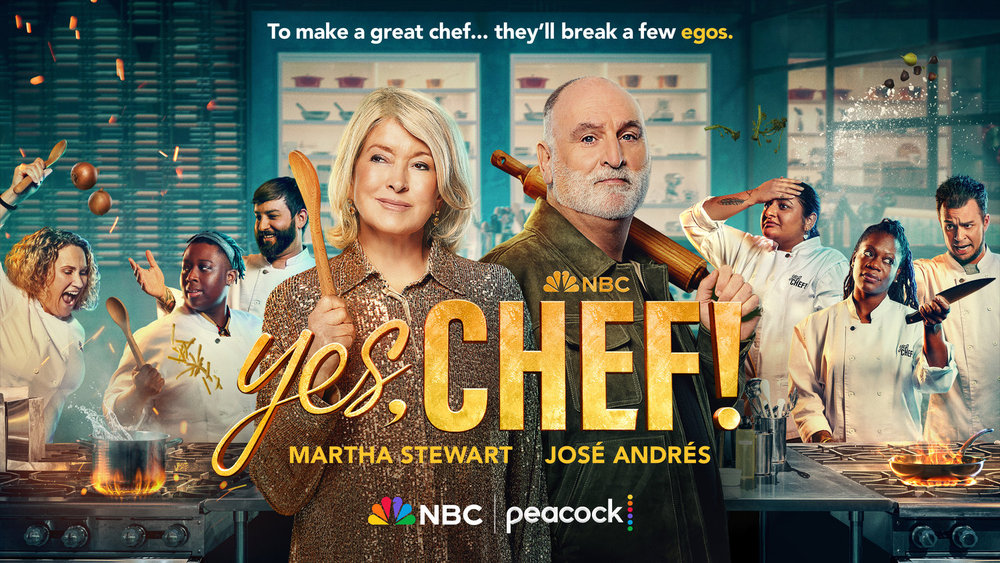Todd's Top 10 movies of 2020
'Borat Subsequent Moviefilm,' 'Sound of Metal' and 'Ma Rainey's Black Bottom' all rank among my most meaningful entertainment experiences of 2020.
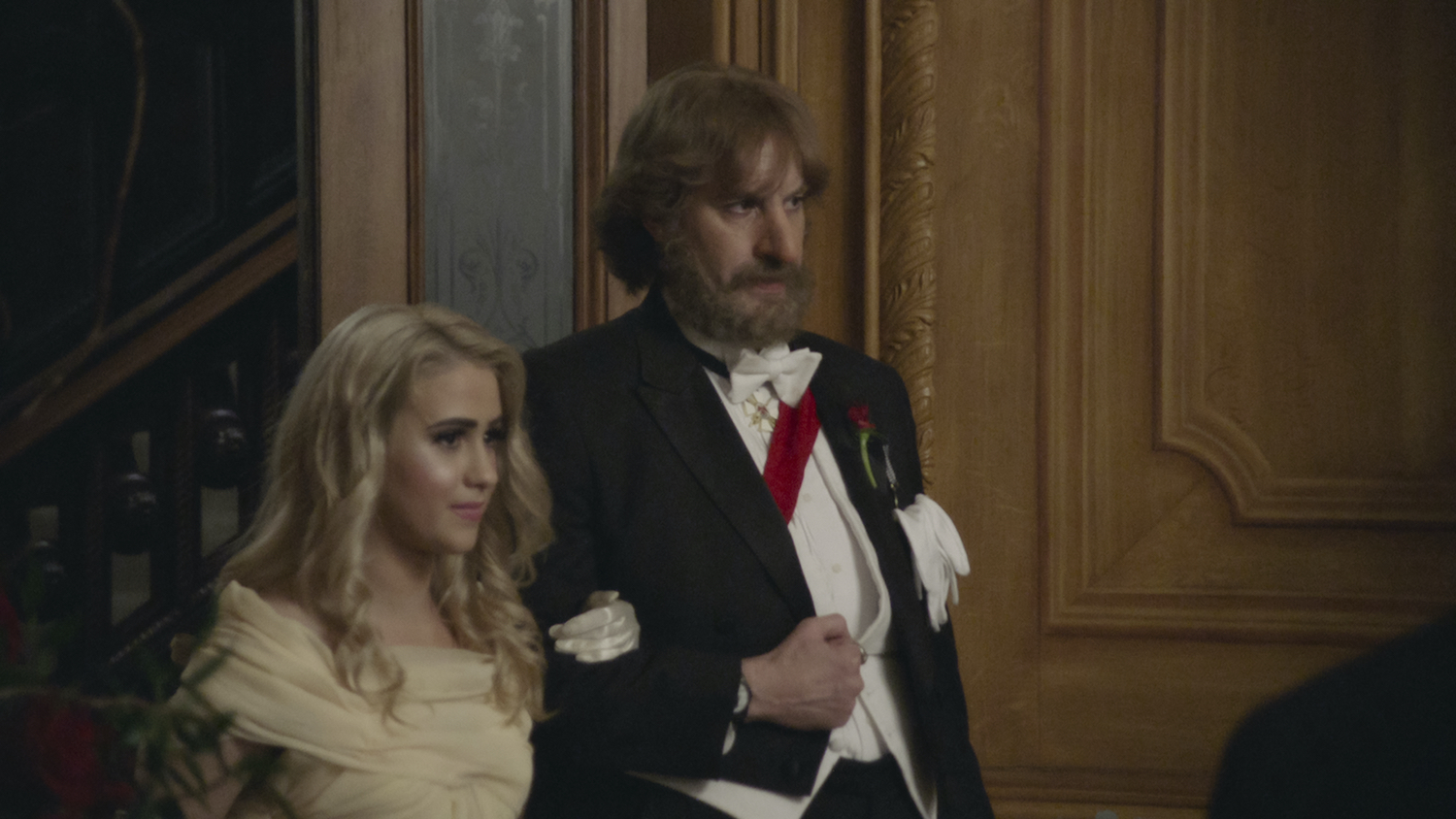
We're running Top 10 features from our critics for the rest of 2020! You can follow them all here.
Making a Top Ten list in 2020, I realized after agreeing to this particular assignment, is extraordinarily difficult to do. You would think that without theaters to visit, the challenge might be to find enough good films to flesh out a list; but in a year where stay-at-home orders kept critics stationed in front of their televisions (or computers or mobile devices…), sorting the wheat from the chaff became a question of volume, and then of enthusiasm. Even if you could easily mark the difference between the literal hundreds of films that abandoned theatrical release plans for release on video on demand and streaming services and the ones that were never going to appear anywhere else, mustering the energy to watch and catalogue them all over the last twelve dehumanizing months felt like a particularly insurmountable task.
All of this is a long way to say, I’m way behind on watching the films that many other critics have declared the best of the year, and cramming them in at the last minute seems like a bad way to fully assess their merits. And so, I’ve assembled a Top Ten list that includes nine films and one television show because the best way to wrap up and encapsulate my viewing experiences this year is to list the ones that were my favorites — things that resonated in a new, special or meaningful way at a moment when all we had was the momentary pleasure, relief or escape from circumstances that locked us away from fully exploring our interests and appetites. And so, without further ado, in alphabetical order, here are my favorite entertainment experiences in 2020:
10) Bad Education
Corey Finley’s second effort as a director turns the shocking escalation of a ripped-from-the-headlines news story into a profound referendum on educational institutions and the authority and prestige that too often insulates white collar criminals from paying sufficiently for their misdeeds. While Finley skillfully exposes a labyrinth of corruption piece by absolutely true about totally unbelievable piece, Hugh Jackman gives a career best performance as school superintendent Frank Tassone, a man leading so many different lives (and lying about all of them) that the truth becomes an inconvenient obstacle standing in the way of ambition that’s as self-aggrandizing as it is sincere.
9) Borat Subsequent Moviefilm
After too many legacyquels and long-awaited follow-ups failed to deliver the goods, Sacha Baron Cohen managed to capture a different kind of lightning for his second go-round as the Kazakhstani journalist by casting newcomer Maria Bakalova as Borat’s daughter, a stowaway turned travel companion for his redemption tour of the U.S. Together, the duo get into plenty of “funcomfortable” mischief exploiting the misguided courtesies and flat-out ignorance of small-town America; but even outside Bakalova’s gobsmacking real encounter with Rudy Giuliani, the young actress’ instincts as an actress and comedian reshape what could be either a lame rehash or a lazy victory lap into a tender, insightful father-daughter story that also generates some huge laughs.
8) Dave (Season 1)
Even if you liked the white rapper’s music beforehand, FXX’s show based around rapper Lil Dicky should be a colossal misfire of cultural appropriation and crass humor. But the ten episodes of its first season address all of those ideas head on, exploring an extremely specific and relevant perspective for both the audience and the artist himself, bolstered by performances by Dave Burd (the rapper’s real name) and a small ensemble of collaborators, and supporters who are more inclined to take the piss out of Lil Dicky and his stage persona than they are to prop him up. In an era where cultural conversations about art are more ubiquitous and vital than ever, Dave is a perfect show for the current moment that also happens to be side-splittingly hilarious and shockingly heartfelt, all at the same time.
7) Mank
David Fincher spent the better part of three decades bringing this story to the screen after his father first penned the screenplay — and to be fair may not have accurately captured the truth about the ratio of work shared between Herman Mankiewicz and Orson Welles on the script for Citizen Kane. But whatever the film lacks in historical accuracy, it more than makes up for in period detail and filmmaking panache, as Fincher packs the film with countless references and Easter eggs from the film that inspired him and his father while touching delicately on some details that have powerful relevance both for our contemporary entertainment and sociopolitical landscapes. Meanwhile, Gary Oldman and a never-better Amanda Seyfried engage in a friendly tete-a-tete on opposite sides of William Randolph Hearst, the man whose unscrupulous ambitious paved the way for modern-day “fake news” and for one of cinema’s greatest achievements alike.
6) Ma Rainey’s Black Bottom
This adaptation of August Wilson’s play is worthy of inclusion on this list for the performances by Viola Davis and the late Chadwick Boseman, both of whom do work that’s among the most distinctive and powerful in their careers. But director George C. Wolfe’s film zeroes mercilessly in on some essential truths about the pain that black people not only endure, but ignore, in order to achieve their goals (much less to survive), offering a bracing shot of truth and tragedy at the end of a year in which we edge towards a nationwide racial reckoning that sadly still feels out of reach.
5) The Nest
Sean Durkin has now made two films that seem like they’re horror but peer into a pain, fear and darkness deeper than anything you could imagine. This one focuses on a family that comes undone after an inveterate liar of a father and husband (Jude Law) forces them to relocate from New York to the English countryside where he grew up for an ‘80s ponzi scheme whose greatest victim may be the perpetrator. Law is fascinatingly infuriating as a man who cannot stop himself from enhancing (or even fabricating) reality with lies he hopes will become self-fulfilling prophecies, while Carrie Coon is absolutely mesmerizing as his wife, wrestling with her own thwarted ambitions as she attempts to reconcile her husband’s promises and the encroaching truth that shatters them.
4) On The Rocks
If Sofia Coppola’s films exude a privileged or insulated point of view, they’re no less insightful for their specificity, and this film is no different: Rashida Jones and Bill Murray play a daughter and father who reconnect after she begins to fear that her husband (Marlon Wayans) is having an affair. Murray’s calcified worldview as a philanderer and lothario proves as humorous from the outside as it must be stifling for Jones’ increasingly desperate daughter, but the journey proves less important in exposing a spouse’s potential infidelity than in observing the ways that our families and our life experience shape the way we handle truths we may not want to know. It’s hard to know whether the film will prove more or less slight than others in Coppola’s intimate filmography, but its commentary on relationships between men and women — not just husbands and waves but parents and children — feels pretty significant.
3) Other Music
An admittedly sentimental choice, but a worthy one: directors Puloma Basu and Rob Hatch-Miller chronicled the fall and glorious rise of this now-defunct New York record store as it became a mecca and institution for thousands of collectors worldwide who were educated and inspired by its unsparing eclecticism. While their film captures the feverish energy of discovery one could make by entering its hallowed walls and turning yourself over to its knowledgeable, endlessly passionate staff, it also inadvertently chronicles the unpredictable but inevitable sea changes in consumption for music lovers over the two decades of the store’s existence, arriving in a pandemic year as an elegiac for not just one business but an industry and a world as a whole that have changed irreversibly.
2) Sound Of Metal
Directed and co-written by Darius Marder, Sound of Metal takes an elevator pitch of a concept — a heavy metal drummer loses his hearing — and turns it into a moving portrait of self-assessment and grace in the face of a world that will always change whether or not we want it to. Riz Ahmed plays the handicapped musician and former addict Ruben as a young man constantly prepping for a fix that will never fully satisfy him, while Olivia Cooke plays his delicate, concerned bandmate and lover, and Paul Raci steals the film as a plain-speaking counselor who attempts to shepherd him through the process of coming to term with this new and irreversible disability. Meaningfully specific and yet startlingly relevant, Sound of Metal examines how to appreciate the profound silence at the center of Ruben’s deafness, and the beautiful solitude of an isolation that like us has been thrust upon him.
1) Uncle Frank
Written and directed by Alan Ball, this story of a middle-aged gay man’s reluctant coming out after the death of his father offers a wrenching if hopeful portrait of the damage done when people internalize the prejudices of the people around them. Paul Bettany plays an NYU professor whose loving but secret long-term relationship with Wally (Peter Macdissi) is disrupted when he returns to his North Carolina hometown for a funeral, prompting a reckoning with a traumatic past he thought he buried long ago. Bettany exposes agonizing pain as the title character, while Macdissi offers a revelatory performance as his clear-eyed, indefatigably optimistic partner that fuels a journey that yearns towards hope and proves encouraging without ignoring the realities of a painful and unfortunately all too familiar experience for many.
Get the What to Watch Newsletter
The latest updates, reviews and unmissable series to watch and more!
Todd Gilchrist is a Los Angeles-based film critic and entertainment journalist with more than 20 years’ experience for dozens of print and online outlets, including Variety, The Hollywood Reporter, Entertainment Weekly and Fangoria. An obsessive soundtrack collector, sneaker aficionado and member of the Los Angeles Film Critics Association, Todd currently lives in Silverlake, California with his amazing wife Julie, two cats Beatrix and Biscuit, and several thousand books, vinyl records and Blu-rays.

